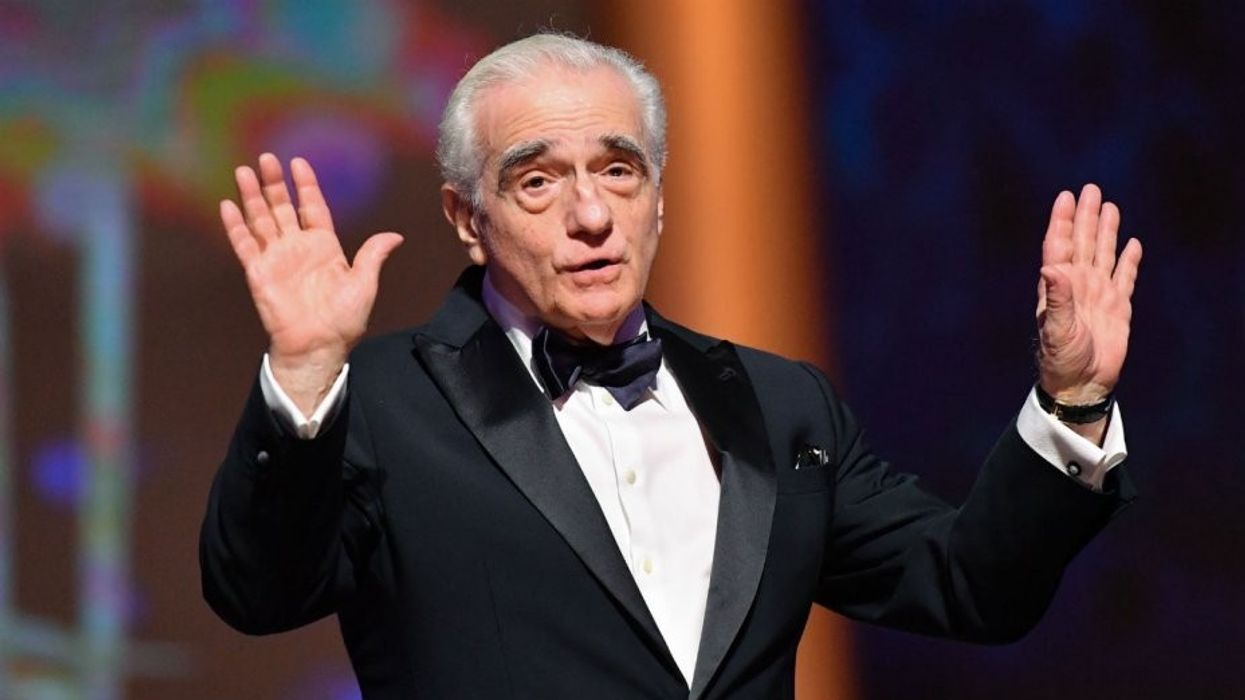Here's Why Martin Scorsese Doesn't Release Director's Cuts
The Irishman director is against releasing his own director's cuts, and his rationale makes a lot of sense.

Director's cuts often give the audience more insight into the mood and story that the filmmakers wanted to get across without the constrictions that theatrical release and studios put on artists to get the maximum out of their dollar. So that begs the question: Why is Martin Scorsese against the idea of releasing extended director's cuts of his movies?
Scorsese has been making the press rounds for his new Netflix movie, The Irishman, to talk about everything from Marvel movies to directors cuts. But his opinion on the actual term "director's cut" is surprising. The Oscar-winner believes the term is often misunderstood or misused. In an interview with Entertainment Weekly, Scorsese revealed:
“The director’s cut is the film that’s released — unless it’s been taken away from the director by the financiers and the studio, [the director] has made their decisions based on the process they were going through at the time. There could be money issues, there could be somebody that dies [while making] the picture, the studio changes heads and the next person hates it. Sometimes [a director says], ‘I wish I could go back and put it all back together.’ All these things happen … But I do think once the die is cast, you have to go with it and say, ‘That’s the movie I made under those circumstances.’”
If you believe that art is the result of the constraints put on the artist, then Scorsese has a valid point here. Director's Cuts are like the great painters continually tweaking their masterpieces instead of letting them be a product of who they were at that given time.
While that definition tracks, it doesn't take into account that film is a medium built on changing and tweaking. From script to screen, lots of different people get their hands dirty when it comes to perfecting the story.
Even ardent believers in the Auteur theory have to admit things do change over time. Still, Scorsese's admission that -- for better or worse -- films represent the specific time they're made and the way they happened is a valid one that resonates for many movie fans and filmmakers.
In the same EW interview, Scorsese provided an example of how things should work when the studio tries to take a movie away from the director:
“We would have loved to see an extended version of a number of films in the past, where scenes were cut out. Now [those scenes were] cut out from the director’s cut, not from the rough cut. There’s a big difference. [Sometimes to] capitalize on [a film’s popularity] and exploit it they say, ‘This is the director’s cut.’ You should take a look at Sam Peckinpah’s Pat Garrett and Billy the Kid. I saw the full version a few days before it opened, at a meeting, and it was two hours and 20 minutes or so. Then MGM released their version and it was 90 minutes. We all said, ‘Oh no, it was a masterpiece,’ and wished it could be saved. The editor saved a copy and what you see now is what we saw in that meeting. That is a director’s cut. And if the editor said there was another 20 minutes that Peckinpah wanted to keep in there, I would have loved to see those 20 minutes. So I understand the idea of an audience wanting to be entertained for another 20 minutes in that world.”
So it does seem that Scorsese leaves room for changes to be made over time if things leave a director's control or a studio interfers. Lucky for us, Scorsese seems to have had control of the final versions of his own stuff since he started out.
The Irishman opens in select theaters on November 1 and arrives on Netflix on November 27. And you can be sure we're getting everything he wants in that three hours and thirty-minute movie.
What's next? How does Scorsese feel about Marvel movies?
The Irishman director won't stop going after the Marvel Cinematic Universe with his "get off my lawn!" opinions.
Check them out!











